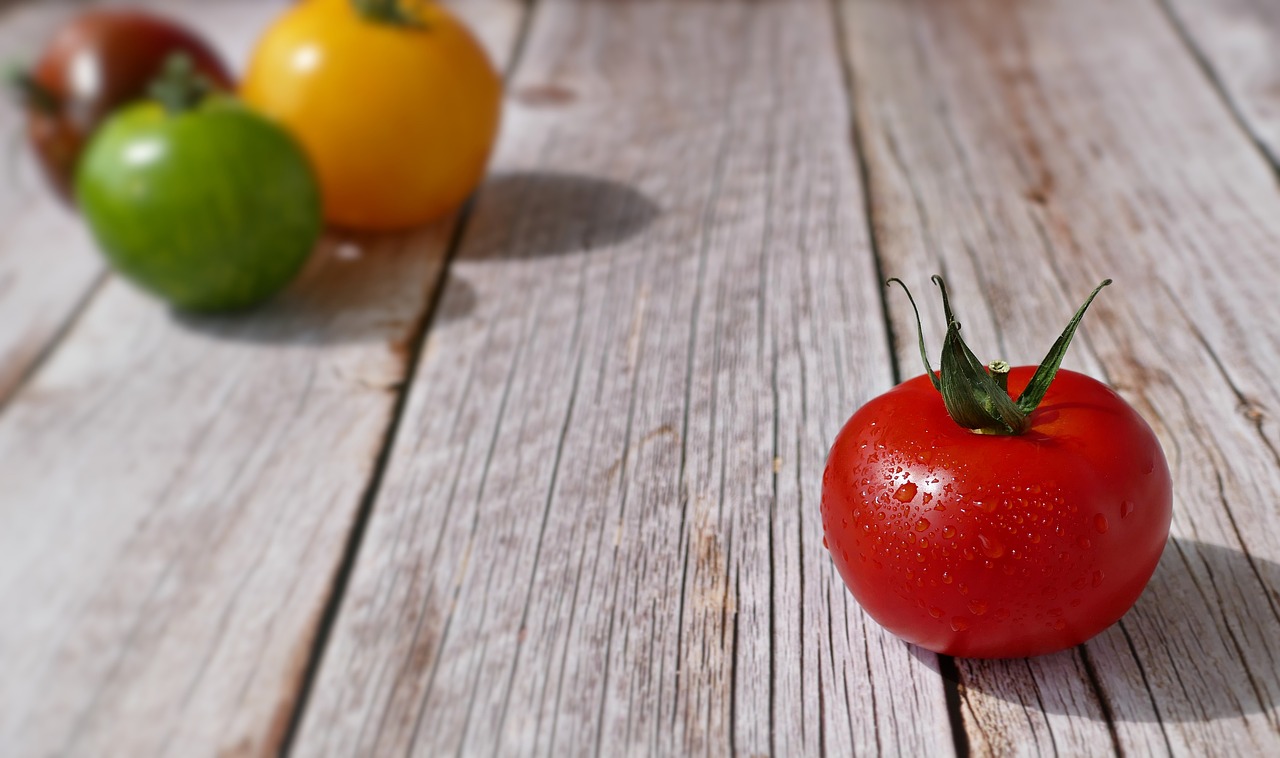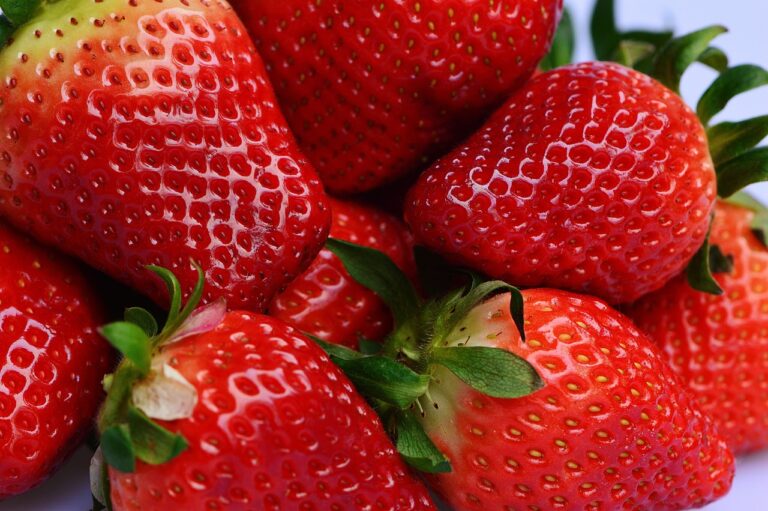The Future of Organic Farming: Meeting Consumer Demand: 11xplay reddy login password, King 567, Skyinplay live login
11xplay reddy login password, king 567, skyinplay live login: The future of organic farming is bright, with consumer demand for organically grown produce and products on the rise. As more and more people become aware of the health and environmental benefits of organic farming, the industry is poised for significant growth in the coming years.
Organic farming is a method of agriculture that relies on natural processes and biodiversity to maintain and improve soil fertility, control pests and diseases, and produce healthy food. Organic farmers use techniques such as crop rotation, composting, and biological pest control instead of synthetic chemicals and genetically modified organisms. This results in food that is free from harmful pesticides and chemicals, as well as better for the environment.
With the increasing awareness of the negative effects of conventional farming practices on human health and the environment, consumers are turning to organic products as a healthier and more sustainable alternative. According to the Organic Trade Association, organic food sales in the United States alone reached $56.4 billion in 2020, up 12.8% from the previous year. This trend is expected to continue as more people prioritize their health and the planet.
One of the key drivers of the growth of organic farming is the increasing demand for transparency and traceability in the food supply chain. Consumers want to know where their food comes from, how it was produced, and what impact it has on the environment. Organic certification provides assurance that food has been grown and processed according to strict standards, giving consumers confidence in the products they choose.
As consumer demand for organic products continues to grow, farmers are adapting their practices to meet this demand. Many conventional farmers are transitioning to organic farming methods to take advantage of the higher prices and growing market for organic products. In addition, new technologies and innovations in organic farming are making it easier and more efficient for farmers to grow organic crops and raise organic livestock.
One such innovation is the use of precision agriculture techniques, such as drones and GPS technology, to monitor and manage organic farms more effectively. These tools can help farmers optimize their inputs, reduce waste, and increase yields without resorting to synthetic chemicals or genetically modified seeds. In addition, advances in soil health management and crop rotation systems are helping organic farmers improve the fertility of their soil and enhance the resilience of their crops to pests and diseases.
In order to meet the growing demand for organic products, it is essential that we continue to support and invest in organic farming practices. This includes providing farmers with the resources and incentives they need to transition to organic farming, such as technical assistance, financial support, and research and development funding. Governments, businesses, and consumers all have a role to play in promoting the growth of organic farming and ensuring a sustainable food system for future generations.
As we look ahead to the future of organic farming, it is clear that consumer demand will continue to be a driving force behind the growth of the industry. By choosing organic products, consumers can support sustainable agriculture, promote biodiversity, and protect the health of future generations. Together, we can build a more resilient and regenerative food system that benefits people, animals, and the planet.
FAQs:
Q: What is organic farming?
A: Organic farming is a method of agriculture that relies on natural processes and biodiversity to maintain soil fertility, control pests and diseases, and produce healthy food. Organic farmers avoid synthetic chemicals and genetically modified organisms, using techniques such as crop rotation, composting, and biological pest control instead.
Q: Why is organic farming important?
A: Organic farming is important because it helps protect human health and the environment. By avoiding harmful pesticides and chemicals, organic farming reduces exposure to toxins and promotes biodiversity. Organic farming also helps build healthy soil, conserve water, and mitigate climate change.
Q: Are organic products more expensive?
A: Organic products can be more expensive than conventional products due to the higher costs of organic farming practices, such as certification, labor, and organic inputs. However, the price difference is often justified by the health and environmental benefits of organic products.
Q: How can I support organic farming?
A: You can support organic farming by choosing organic products whenever possible, supporting local organic farmers, advocating for organic farming policies, and educating others about the benefits of organic agriculture. Your choices as a consumer can make a difference in promoting a more sustainable food system.







